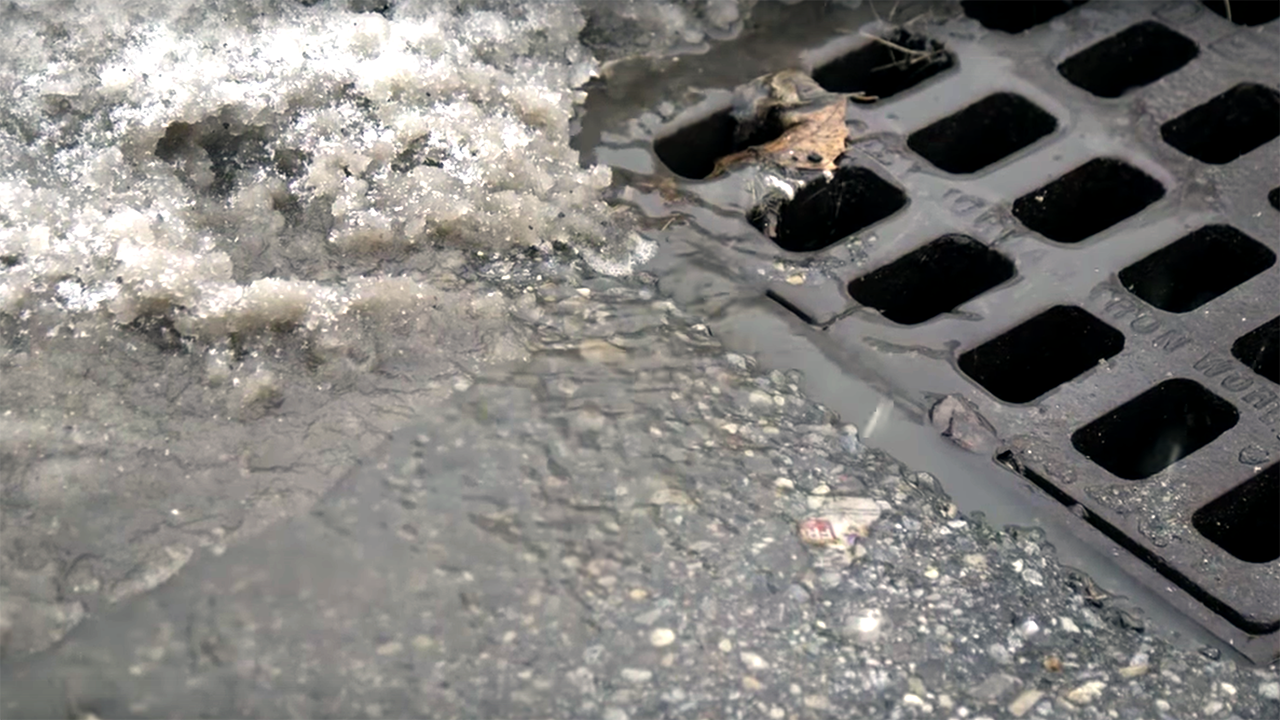
DULUTH, Minn. (AP) — Researchers in Minnesota are trying to find an alternative to road salt in an effort to protect the state’s water bodies from contamination.
The Minneapolis Star Tribune reported Saturday that road salt is the top source of chloride in state waters. Scientists have been ramping up warnings that rising chloride levels could harm aquatic life and turn tap water salty.
Fifty water bodies across the state fail to meet the Pollution Control Agency’s water-quality standards because they contain too much chloride. And once salt gets into a water body it’s difficult to remove.
The Minnesota Department of Transportation and the University of Minnesota Duluth’s Natural Resources Research Institute are testing the environmental effects of potassium acetate, a vinegar-like liquid de-icer often used on airport runways. It’s biodegradable, doesn’t corrode infrastructure and works in colder temperatures than salt.
The problem is it’s seven times more expensive and scientists don’t fully understand how runoff could affect Minnesota waters. Too much potassium acetate could result in bacteria growing and consuming the oxygen that freshwater plants and animals need.
1 Comment
-
Porous pavements are a real option for less salt use. On the East Coast, they are using more porous because EPA has issued warnings that high salt levels in freshwater systems is not acceptable.
With under a 2″ or 3″ snow the snow melts before the plows arrive.
Also porous pavements detoxify runoff, 75% less noise, no Black Ice, require less funds spent on SW mitigation, reduce heat island, and generally cost less than conventional when all the costs included. Parking lots, trails and low-speed streets are common uses, and newer mixes area working on higher speed streets.




